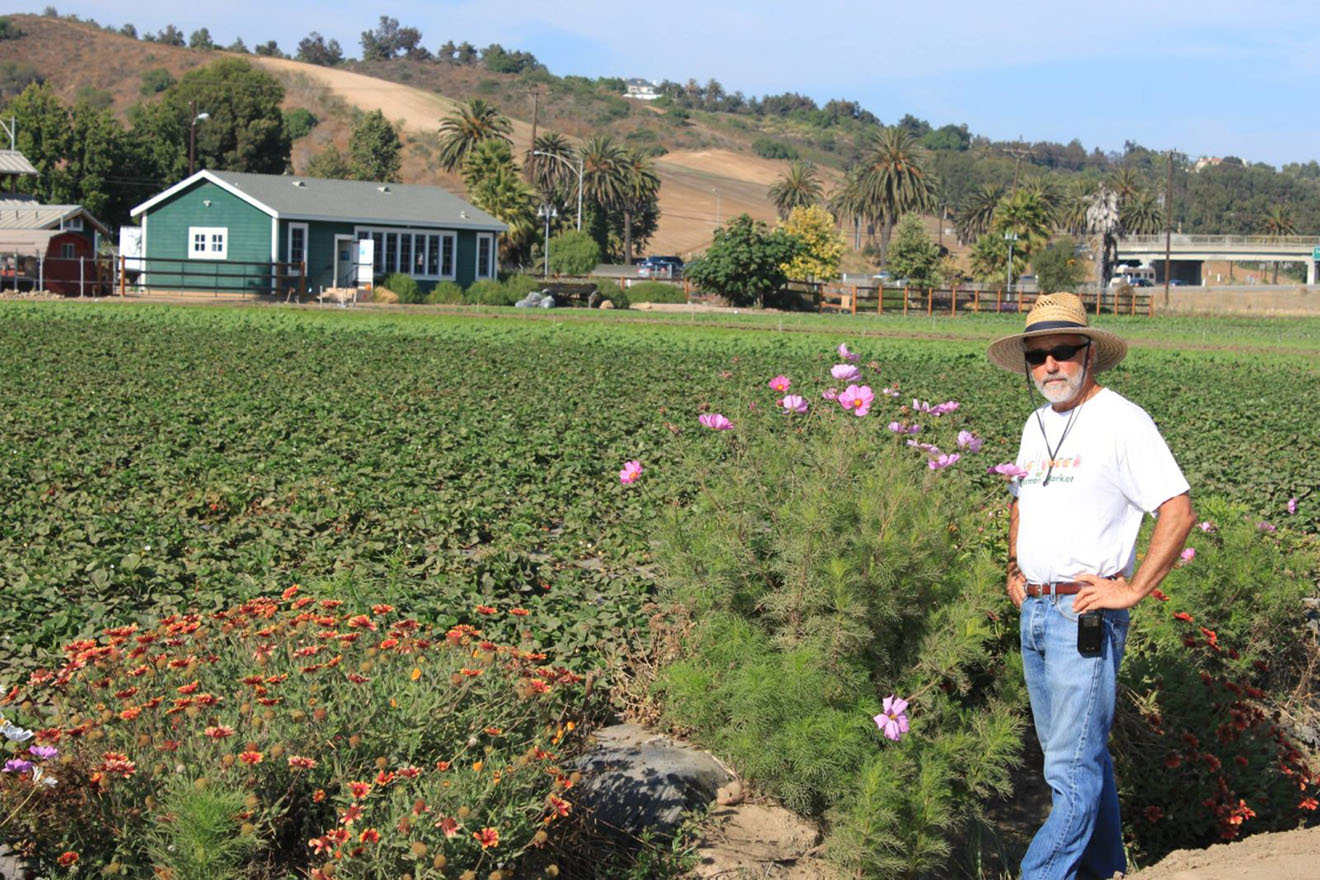The Washington Post by Debbie Barker and Michael Pollan Cover crops in small grain stubble Source: NRCS, South Dakota Debbie Barker is the international programs director at the Center for Food Safety. Michael Pollan is the John S. and James L. Knight professor of journalism at the University of California at Berkeley. When Will Allen is asked… Read more »
Search Results for: regenerative agriculture
McGrath Family Farm

Farming for the future and salvation in the soil By Marianne Landzettel Phil McGrath is farming for the future. He represents the fourth generation of McGrath family farmers, cultivating a small piece of land his great-grandfather acquired in the late 1860s. While a much larger part of the family land has been leased to a… Read more »
An Update on Frey Vineyards
Cornucopia’s Take: The Frey family has been a longtime leader in the organic and Biodynamic communities. They were an important voice in responding to powerful elements in the wine industry who wanted to change the federal regulations banning artificial preservatives in organic wine (sulfites). The family has lost their homes but certainly not their spirit to… Read more »
Industrial Agriculture Likely Created Bird Flu
Cornucopia’s Take: New research suggests that bird flu is caused and spread by factory farmed birds, and not brought in by wild birds, who are commonly blamed for the epidemics of the last decade. In fact, there are no recorded instances of bird flu in wild bird populations until 2005. Industrial Production of Poultry Gives… Read more »
National Sustainable Agriculture Coalition Press Release
FDA Facilities Rule Contains Significant Improvements, but Concerns Remain Regarding Impacts on Farmers National Sustainable Agriculture Coalition Source: Elliot Gilfix Washington, DC, September 11, 2015 – On September 10, 2015, FDA released the much-anticipated final rule detailing preventive control standards for facilities producing food for human consumption. Once officially published in the Federal Register –… Read more »
Organic Tomatoes Contain Higher Levels of Antioxidants Than Conventional Tomatoes, Study Suggest
ScienceDaily A study conducted at the University of Barcelona shows that organic tomatoes contain higher levels of phenolic compounds than conventional tomatoes. Phenolic compounds are organic molecules found in many vegetables with proven human health benefits. The UB’s Natural Antioxidant Group, headed by lecturer Rosa M. Lamuela, had previously demonstrated that organic tomato juice and… Read more »
“Fauxganic” Takeover in Full Swing
Finding and Protecting Real Organic Food Going Forward [This article was previously published in the spring issue of The Cultivator, Cornucopia’s quarterly newsletter.] by Linley Dixon, PhD, current Associate Director of the Real Organic Project The Country Hen is one example of a certified organic industrial-style egg producer. Their porches, shown here, are approved as “outdoor… Read more »
Hurricane Maria Wipes Out Puerto Rican Agriculture
Cornucopia’s Take: In the aftermath of Maria, there is no food left growing in Puerto Rico. Farmers survey their destroyed fields. Cornucopia extends gratitude to those able to donate to relief efforts there. Puerto Rico’s Agriculture and Farmers Decimated by Maria The New York Times by Frances Robles and Luis Ferré-Sadurní Source: Puerto Rico National… Read more »
Climate Change Necessitates Creative and Sustainable Agriculture
Cornucopia’s Take: Climate change and extreme weather require farmers to reconsider the crops they plant. Many communities are beginning to embrace and diversify their local food webs. You can learn more about building a sustainable food system at Michigan Good Food. How the climate crisis could become a food crisis overnight The Washington Post by Elizabeth… Read more »
Agriculture and Human Sprawl Imperil Wild Bees
Cornucopia’s Take: Not only are wild bees declining, this new analysis shows that pesticide use and loss of habitat are to blame, in part. More than half of the species in the study are declining, and nearly a quarter are moving towards extinction. Landmark Report: Hundreds of Native Bee Species Sliding Toward Extinction Center for… Read more »

